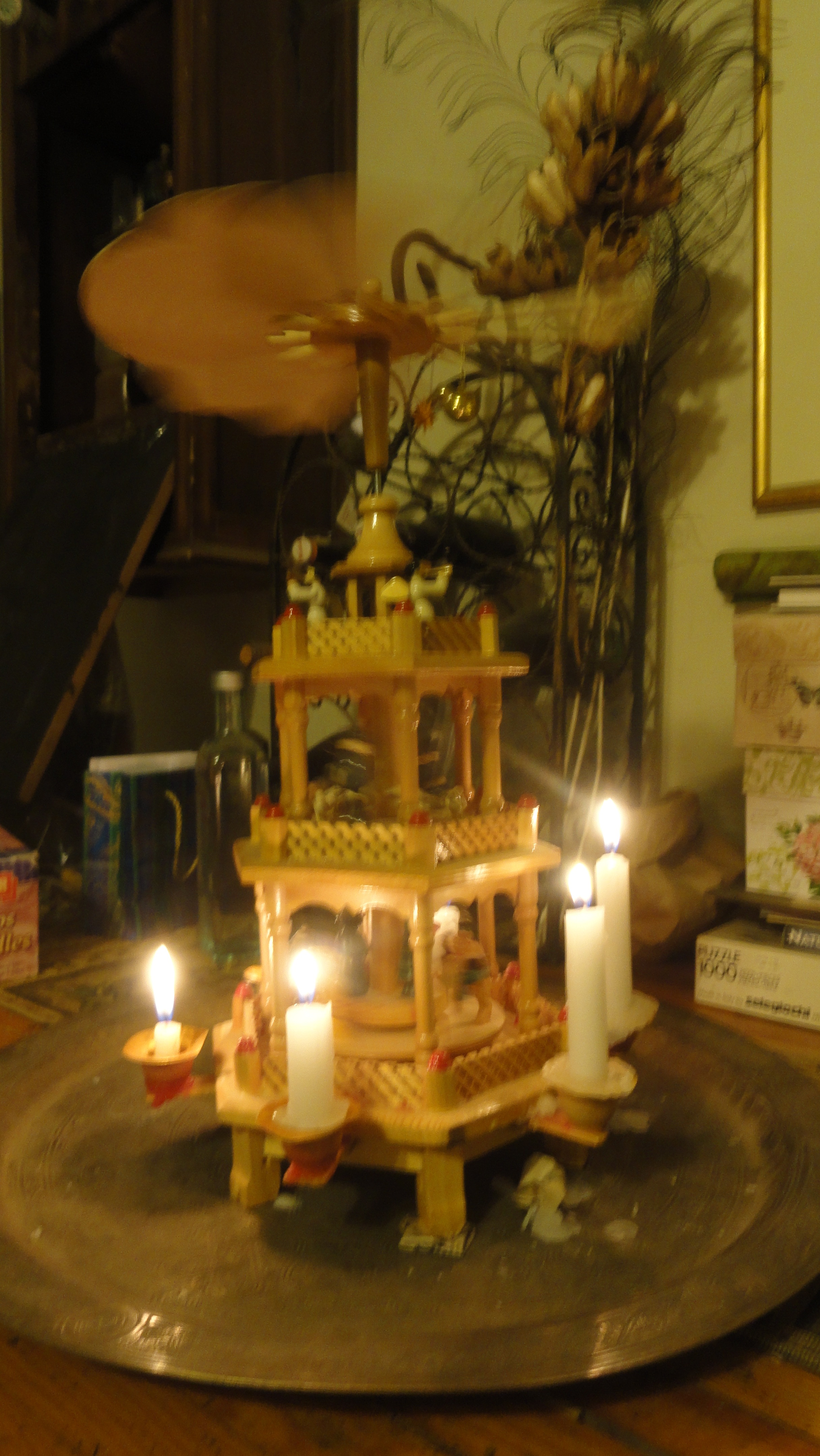The question was: "When do you find time for yourself as an individual?"
My response, once:
When children are very young, their lives ARE the mother's life. The more time the mother spends with the child when he's young, the easier it will be for him to separate freely on his own. It goes against some of the assumptions of traditional parenting (although it might not in India, and my comments might be too western here), to suggest that fulfilling all of a child's needs will make him more INdependent, but when a child is needy and feels ignored, he will be more demanding, not less.
As my children got a little older, I found other families to trade time with. Their kids would play at my house while the mom shopped or something, and she would reciprocate. If a mother is encouraged to look for more and more time without her children, though, it can make her feel unhappy thinking she's doing something wrong and should "find herself." Rather than encourage mothers to feel they have lost their individuality, I've found that helping them become the sort of parents they're proud to be can make them feel much better than outside interests might have. As children get older, mothers have more time, until someday the children are grown. People say it and hear it all the time, I know, but when they're little it seems it will never happen, and when they're older, it seems it took no time at all.
The more people one's children know and trust, the easier it will be for the parents to find some separate time, but I don't think time apart should be a high priority.
The graph was created for this article:
SandraDodd.com/howto/precisely


















